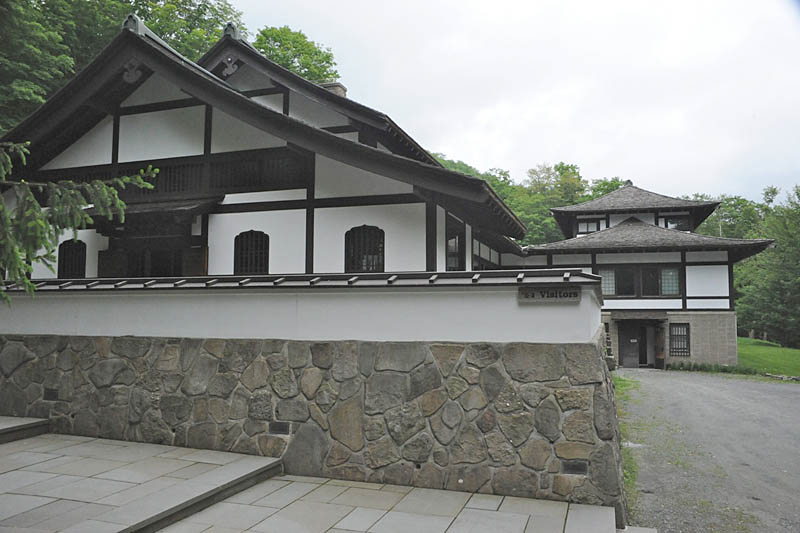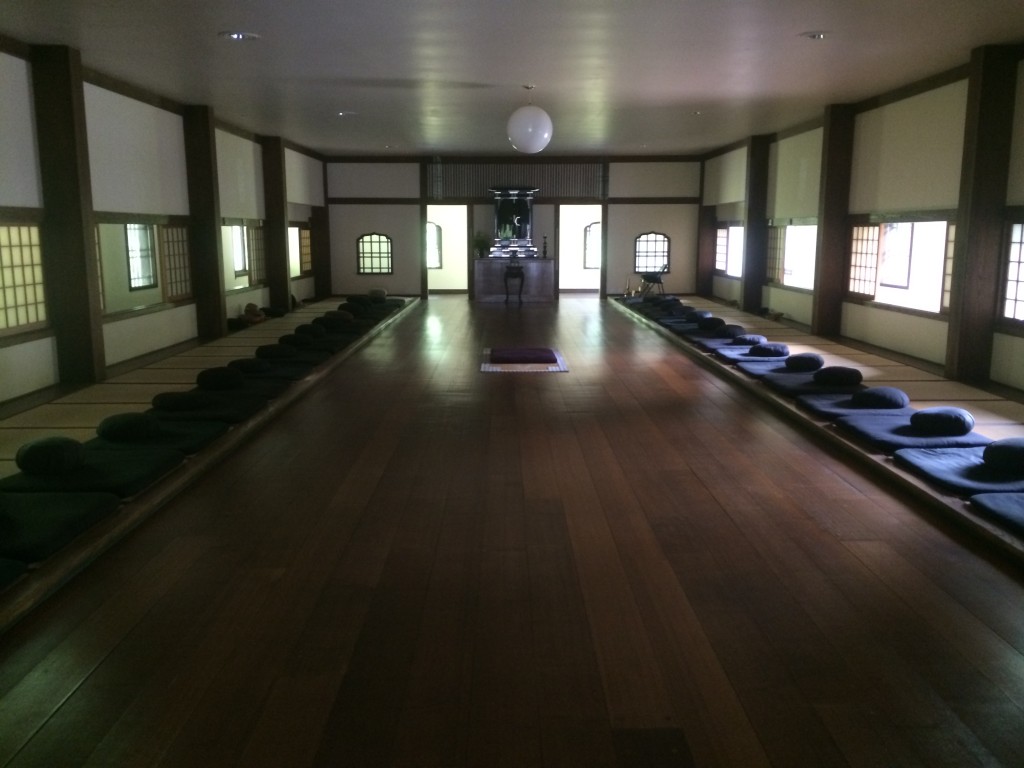A debate broke out recently about political correctness between myself and some of my fellow SF fans. (You can read Matthew M. Foster’s response here.)
I am very fond of Mr. Foster, but I must respectfully disagree.
Once, many years ago, I spent a week at a Rensi Zen monastery. It was housed in a beautiful estate in the Catskill Mountains in New York. The estate had once belonged to Harriet Beecher Stowe, (who happens to be, I am told, a distant relative of mine. ) The entire week was spent in quiet meditation and contemplation.
I had a lot of time to pray and think.
I was young, just out of college. I spent the week delving into the heart of my personal life philosophy. By the end of the week, I had come to a realization:
We all want to be happy.
To be happy, we must be wise.
To be wise, we must be free to make mistakes
or we cannot find our way to wisdom.
Because of this, I am a strong supporter of the great dialogue that is civilization. Were it up to me, nothing would ever interfere with it.
Political correctness quenches this conversation. Here are some of the reasons I say that:
* It replaces discussion and debate with Puritan-style disapproval.
You don’t explain to someone why you disagree with them. You speak so as to shut them down as quickly as possible.
* It keeps people from sharing politically correct views in a way that might convince.
Because of this, if the person who favors the politically correct position has a good reason for their opinions, the other person will not know, because debate has been silenced.
*It keeps people from sharing any other view.
If the person who does not favor the politically correct position has a good reasons for supporting their position—the person favoring the politically correct reason will never hear it, because he shut down the debate before he had a chance to hear the reasons.
*Rude people are rude anyway.
Most people who really want to be rude don’t care about political correctness, and they are still rude and mean—this means it is the nice people, the people who really don’t want to hurt others feelings—who get attacked and squelched.
*It gives a false sense of consensus.
Because people stop voicing views that are not on the accepted list, people who support the politically correct view are left with a false sense of the general public agreeing with them.
*It creates backlash.
If you have an opinion and your friend has a different opinion, you can have a conversation.
If you have an opinion, perhaps a mild or moderate one, and every time you voice it, you get slammed for being evil—by people who refuse to even consider your point of view, because they have already labeled anything that doesn’t agree with them as blasphemy…
After a while, you get annoyed.
Some people really believe their position, and they stick to it.
But many people…when their moderate position isn’t accepted, their response is to go the other way. To go rabid, so to speak.
And that is what creates people like Donald Trump, Milo Yiannopoulos, and Vox Day.
People get so tired of being shut down that they find it tremendously refreshing to hear anyone, even someone far extreme of their position, speak openly about whatever it is that is bothering them.
* It hides facts.
Once political correctness moves into science—and a few people lose their position for not voicing the party line (which has happened in both the scientific and educational fields)—people stop wanting to publish the truth.
I am sure there are scientists who support the global climate ideas, for instant, but I have yet to meet one. But I keep hearing reports of scientists in the climate field who are keeping their head down, unwilling to publish their results until they either have inconclusive proof of what they have found or the political climate changes.
That means the rest of us are being robbed of honest scientific debate.
One should never be afraid of debate…it’s a good thing, even if you were right all along.
It is a very good thing, if you were wrong.
*It encourages rudeness.
People who favor political correctness say it is about politeness. But the same people, so often, also favor shouting down anyone who disagrees with them. They pick a handful of opinions that they declare to be rude, then they shout and scream at people who don’t agree with those opinions.
But they are perfectly willing to be rude themselves on any other topic.
*It encourages intolerance.
Any time we decide that anyone who disagrees with an idea is automatically wrong, that is intolerance.
People who favor political correctness often defend themselves by claiming that their opponents are motivated by hatred. But, people can have hour long debates on topics as frivolous at pie vs. cake. It stands to reason that they might have reasonable but differing views on such important subjects as: abortion, race, gay marriage, etc.
Reasons that have nothing to do with hatred.
To automatically assume that any contrary opinion is wrong, without giving it a hearing, is intolerance.
Tolerance means listening to views we disagree with—not merely supporting ideas we think someone else (i.e. Christians, the establishment, the previous generation etc) doesn’t like.
Tolerance is hard.
But it is worth it.
Especially when, as often happens, the tables turn and, suddenly, our particular group is not the one in the ascendant.
*
So, to review: We all want happiness. To get it, we need to be wise. To learn wisdom, we need the freedom to fail, to be stupid, to walk the wrong way, and, yes, even to think wrong thoughts.

Lake at the Zendo
Freedom, particularly, Freedom of Speech, is absolutely necessarily to happiness. How about we all stop shouting and go back to the days of:
“I may disagree with what you say,
but I will fight to the death for your right to say it.”





